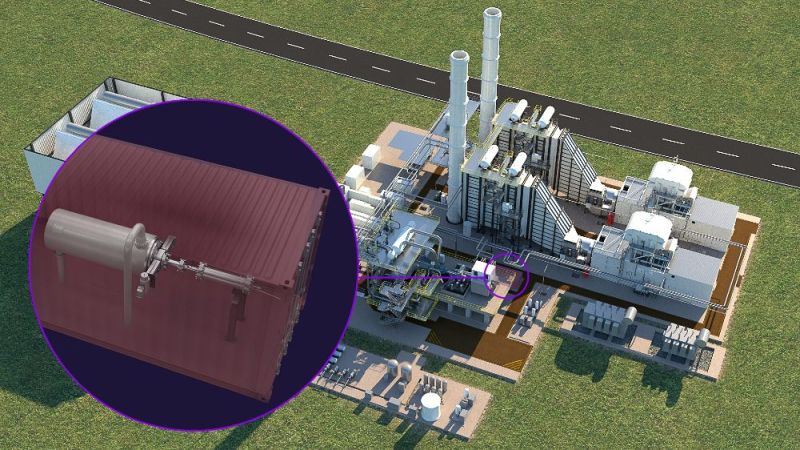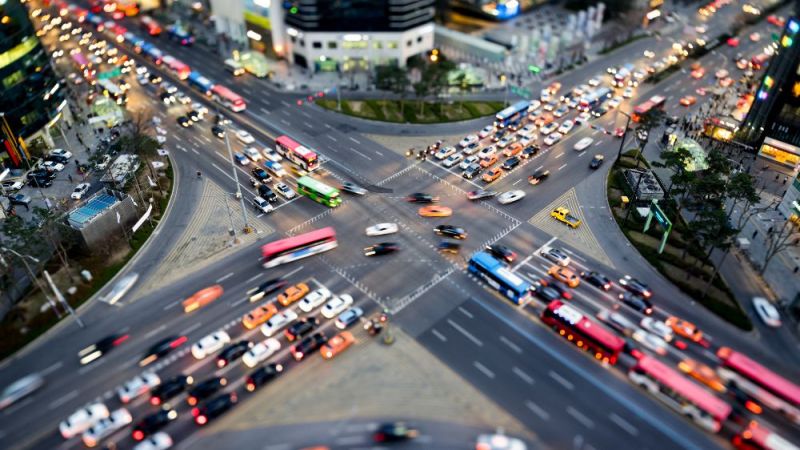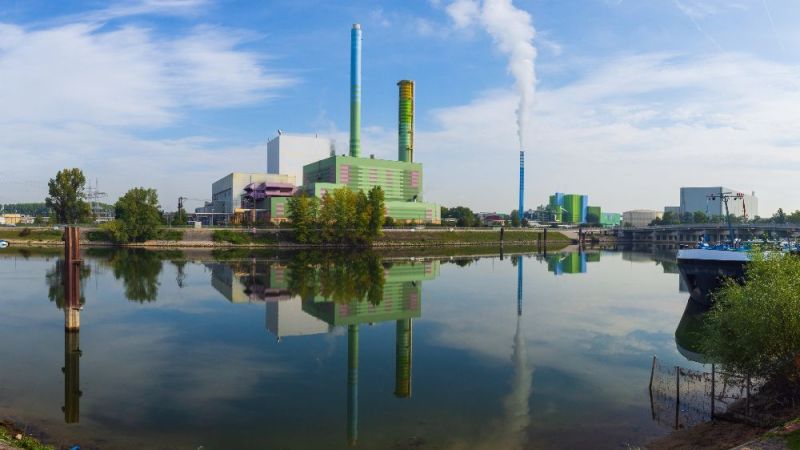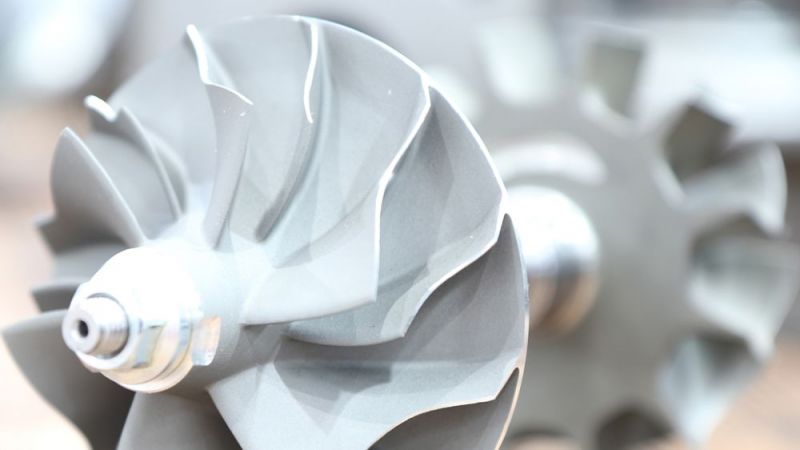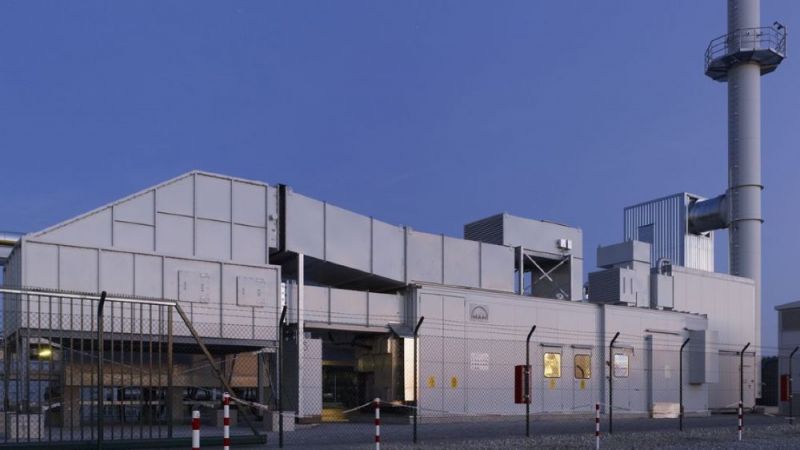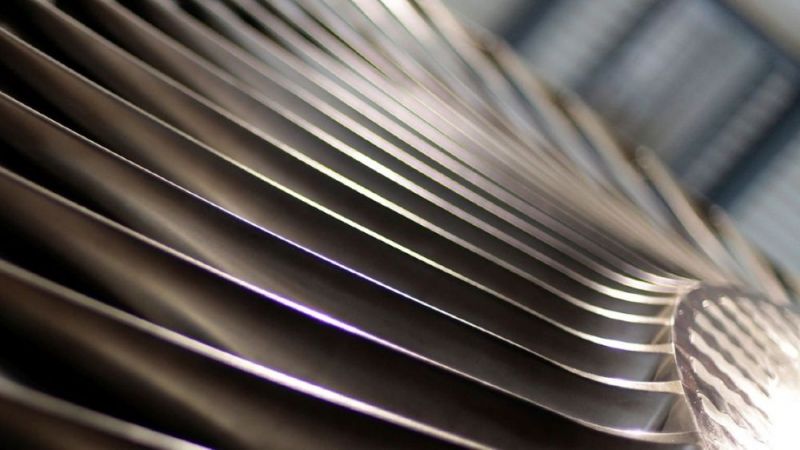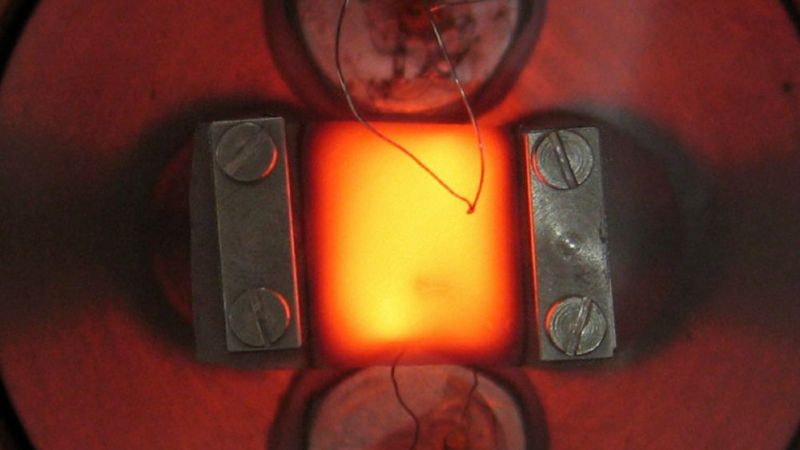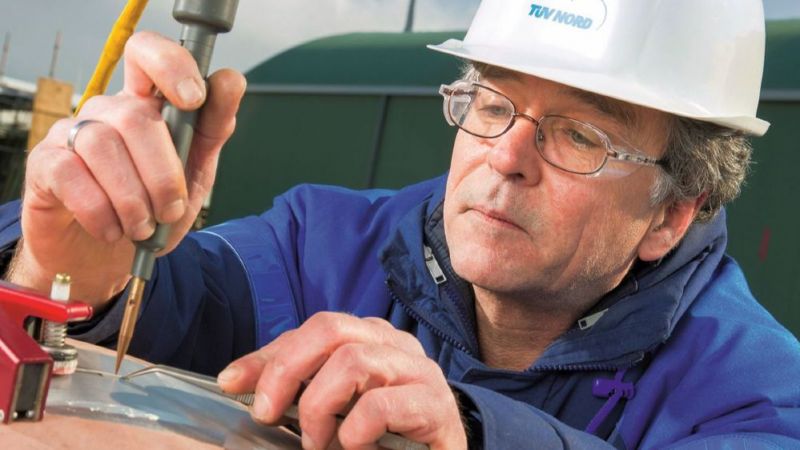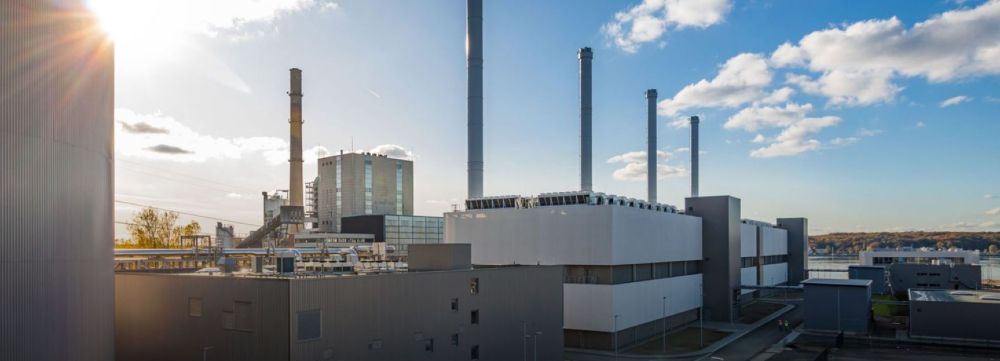
Gas engines
Decentralised, modular medium-capacity power plants are increasing in importance as a result of the energy transition. In January 2020, Germany's most flexible power plant, the Kiel coastal power plant, went into operation. The power-producing generators are driven by 20 gas engines. The resulting hot exhaust gases in turn heat water for district heating. Depending on requirements, this is either fed directly into the district heating network or temporarily stored in a thermal storage system. The engines can be switched on or off as required. The power plant can therefore be used flexibly to produce either only heat or heat and power simultaneously.
Overall efficiencies of 90 per cent
Gas engine power plants offer various advantages in a modern, environmentally friendly energy system. They can be operated as combined heat and power plants with an overall efficiency of around 90 per cent. Gas engines are also flexible in terms of fuel (natural gas, biogas, process gases, lean gases) and emit around 70 per cent less carbon dioxide than comparable coal-fired power plants. With startup times of less than five minutes, they also offer a high degree of operational flexibility and provide stable output, unlike weather-dependent renewable energy plants.
Research focus: more flexible fuel use and simulation
Research must now contribute to improving the electrical efficiency of engines and fuel flexibility. Power plant operation could be optimised through innovative sensors, data analyses and self-learning processes. It is also necessary to link gas-engine power plants with renewable energy plants and storage facilities. This networking is used to link the decentralised power plants in such a way that they can be controlled like a large, almost virtual, power plant. The research therefore focuses on modelling and simulation of components, plants and systems.


